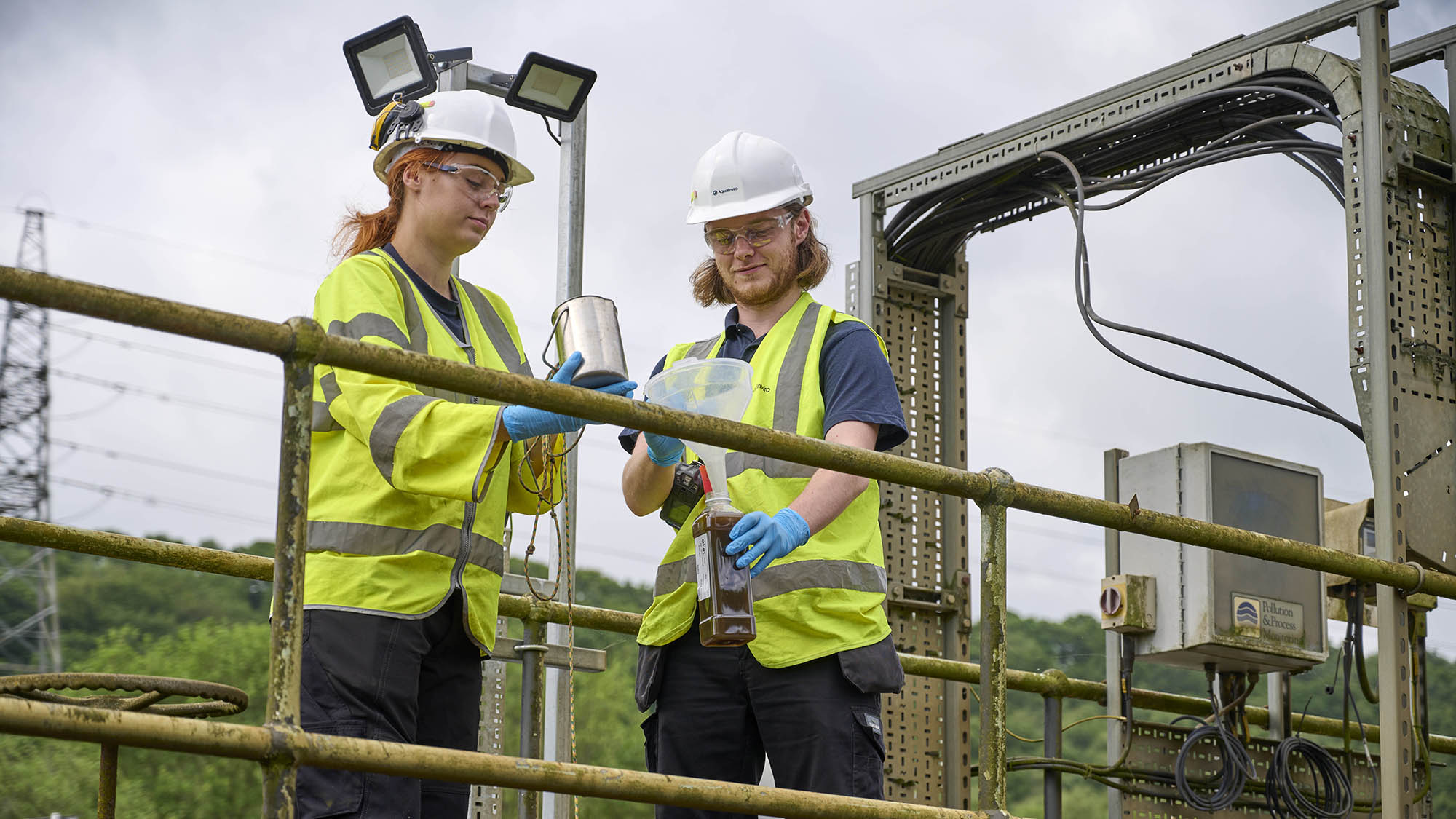Is outsourcing sampling services the shift water utilities need?
Imagine if there was a way to streamline this process and still have your operations running like a well-oiled machine. With the many challenges facing water utilities in recent years, including public health concerns, rising costs and stricter regulatory compliance, it might be time to determine whether keeping such an operation an internal activity is the best strategy for lowering costs, increasing agility, delivering superior service, focusing on core strengths and minimising liability.
The case for outsourcing
Driving greater cost efficiencies is going to be a key element for all water utilities. Like any specialised logistics operation, outsourcing has proven to be more cost-effective than maintaining an in-house team, as it eliminates the need for investments and ongoing operational expenses. By partnering with experts, utilities can eliminate the burdens of hiring and managing staff, maintaining fleet, procuring and managing equipment, and handling all associated administrative issues. This frees up resources to focus on core functions like water treatment and distribution, ultimately leading to more efficient and cost-effective operations.
A water and wastewater sampling operation ultimately benefits from economies of scale. Specialised sampling service providers, like SUEZ, can spread costs across multiple clients and utilities, offering services at prices internal teams struggle to match. This is because the sampling operator has only a single focus point-- to drive operational efficiency by making sure the sampling vans and staff are constantly sampling across multiple client sites.
Besides ensuring resources are fully utilised, SUEZ offers fixed pricing models, making budgeting easier and reducing unexpected expenses. Such fixed monthly or yearly contracts provide financial predictability and avoid hidden costs associated with staff turnover, training, vehicle and equipment maintenance, general administration to name but a few.
Beyond cost savings
Outsourcing the activity to specialist sampling service operators also enables utilities to focus on strategic and core business/customer activities. By freeing up resources from routine sampling tasks, utilities can prioritise infrastructure upgrades and customer engagement.
Outsourcing also reduces the complexity of managing in-house sampling teams, simplifying workflows and reducing administrative burdens related to staff management and technical training.
Specialist providers like SUEZ also come with comprehensive quality assurance protocols (ISO 9001, 14001 and 45001) and management systems, providing an additional layer of quality assurance and confidence in sample collections. The teams are comprised of highly trained professionals who specialise in wastewater sampling ensuring accuracy and consistency of results. We also keep a large stock of autosamplers with comprehensive maintenance programmes, ready for rapid deployment. Setting up in-house maintenance programmes and stocking can be a CapEx intensive and complex task for some utilities.
Outsourcing introduces flexibility and scalability to sampling operations. Utilities with varying workloads can adjust service levels to meet seasonal or project-specific needs without committing to long-term resource allocation. During periods of increased rainfall, when more frequent sampling might be required, outsourcing allows utilities to ramp up services without permanent staffing increases.
Outsourcing partners can quickly adapt to changes in regulatory requirements, technology, or market conditions, ensuring continuous compliance and service optimisation.
A commitment to sampling excellence
As an environmental company, SUEZ constantly strives to ensure all our operations are moving to more sustainable practices, be it route optimisations to minimise carbon emissions to paperless environments, and the generation of renewable energy.
SUEZ, for example, produces 3.2TWh of energy annually from Anaerobic Digestion plants and Waste to Energy plants. By outsourcing their sampling operations, utilities can reduce their scope 1 emissions from large internal fleets. Scope 2 and 3 emissions are further reduced as we have logistics systems that optimise travel routes and minimise vehicle emissions.
As a third party, independent company, SUEZ can present impartial, quick and reliable results courtesy of our highly experienced staff and an in-house laboratory offering custom (non-accredited) analysis that includes jar testing, COD Frac, RBP and BMP, among others. Our operations can handle projects of any size, from long-term monitoring of large sites to one-time sampling at a single location.
We also run several programmes for social value creation, making us the partner of choice for like-minded water utilities, helping them achieve their overall sustainability goals.
Let’s look at a real-world example from a UK water utility that was spending a hefty £1.45 million on their in-house sampling programme. This included costs for staff, equipment, fleet maintenance, administration and depreciation. By outsourcing these tasks to a specialised sampling provider, the utility was able to reduce its costs by a significant 44%, bringing down the cost to £1.01 million.
Outsourcing water sampling can offer significant benefits, but it’s important to consider potential risks and implement effective mitigation strategies.
Operational risks
- Choose reputable providers: Select companies with proven track records and establish clear service level agreements (SLAs) for consistent performance.
- Ensure expertise: Opt for a provider specialising in wastewater sampling and has a history of regulatory compliance.
Quality control risks
- Implement rigorous oversight: Establish regular audits, performance reviews and clear communication strategies and channels.
Initial transition challenges
- Plan for a smooth transition: Choose a partner that can support comprehensive transition planning and phased handover of responsibilities.
Financial considerations
- Negotiate flexible contracts: Ensure contracts include performance metrics, and provisions for scalability and service.
Outsourcing wastewater sampling services offers UK water utilities several benefits, including cost efficiency, access to expertise and technology, regulatory compliance, and improved operational focus. By leveraging the strengths of specialised providers, utilities can enhance their service quality, reduce risks, and focus on strategic initiatives that drive long-term success. This approach not only streamlines operations but also aligns with broader sustainability and innovation goals within the water sector.
(*Originally published in the Water Industry Journal and reprinted here with their permission.)
